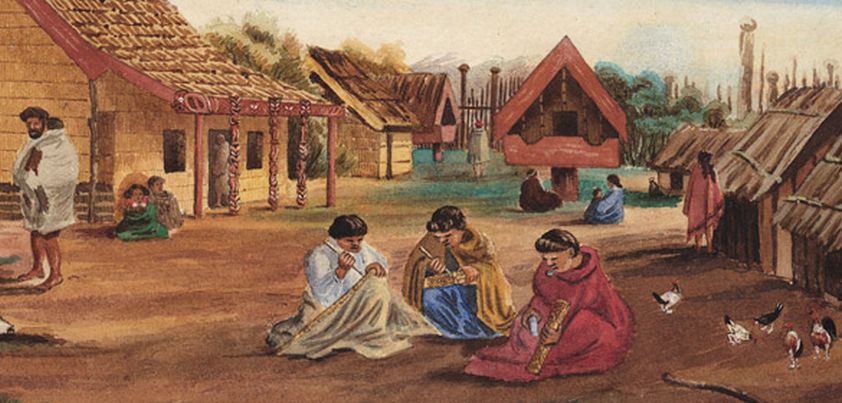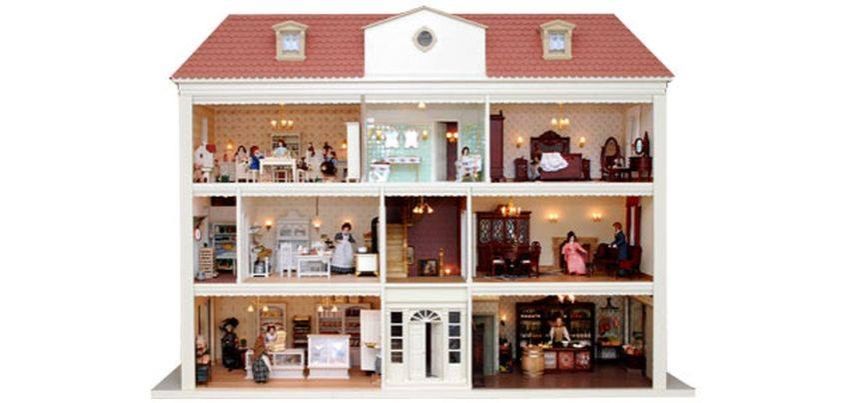 Sadly, elements of this story by Witi Ihimaera play out every day in cities across the world. Major themes include domestic violence, fear, isolation, desperation and sibling love. When a young boy flees home to escape his insecure mother’s abusive boyfriend, his seven-year-old sister follows. Within a few hours, they encounter several of the dangers that being alone on the streets at night have to offer. The city is portrayed as an endless stream of lost souls, each struggling to survive or reach an unknown destination. The two children join them. Other themes: drug and alcohol abuse, dependency, irresponsibility, hope. More…
Sadly, elements of this story by Witi Ihimaera play out every day in cities across the world. Major themes include domestic violence, fear, isolation, desperation and sibling love. When a young boy flees home to escape his insecure mother’s abusive boyfriend, his seven-year-old sister follows. Within a few hours, they encounter several of the dangers that being alone on the streets at night have to offer. The city is portrayed as an endless stream of lost souls, each struggling to survive or reach an unknown destination. The two children join them. Other themes: drug and alcohol abuse, dependency, irresponsibility, hope. More…
Archives
A Game of Cards
 This early story by Witi Ihimaera examines the universal themes of love, family, community and mortality from a Maori perspective. A university student visiting his dying grandmother symbolizes the deep family connections among his people. The old woman’s only recreation over the years has been lively card nights with friends and neighbors. These symbolize the strong connection and, despite some good-natured cheating, unity among community members. The spontaneous gathering in her final hours demonstrates her community’s approach to death. Rather than shying away until after the event, they come together to pay respects and ease her passing. More…
This early story by Witi Ihimaera examines the universal themes of love, family, community and mortality from a Maori perspective. A university student visiting his dying grandmother symbolizes the deep family connections among his people. The old woman’s only recreation over the years has been lively card nights with friends and neighbors. These symbolize the strong connection and, despite some good-natured cheating, unity among community members. The spontaneous gathering in her final hours demonstrates her community’s approach to death. Rather than shying away until after the event, they come together to pay respects and ease her passing. More…
The Doll’s House / The Washerwoman’s Children
 Today we are featuring two stories from New Zealand: The Doll’s House by Katherine Mansfield and its sequel, The Washerwoman’s Children, written in celebration of Mansfield’s centenary by Maori writer Witi Ihimaera. In the first story, a family friend gives a magnificent doll’s house to the children of a well-to-do family. Their mother allows them to invite all but two of the girls at their school to come and see it. These girls (sisters) are shunned and teased by the other children because of their mother’s lowly job. Themes: imagination, class, prejudice, peer pressure, bullying, kindness. More…
Today we are featuring two stories from New Zealand: The Doll’s House by Katherine Mansfield and its sequel, The Washerwoman’s Children, written in celebration of Mansfield’s centenary by Maori writer Witi Ihimaera. In the first story, a family friend gives a magnificent doll’s house to the children of a well-to-do family. Their mother allows them to invite all but two of the girls at their school to come and see it. These girls (sisters) are shunned and teased by the other children because of their mother’s lowly job. Themes: imagination, class, prejudice, peer pressure, bullying, kindness. More…